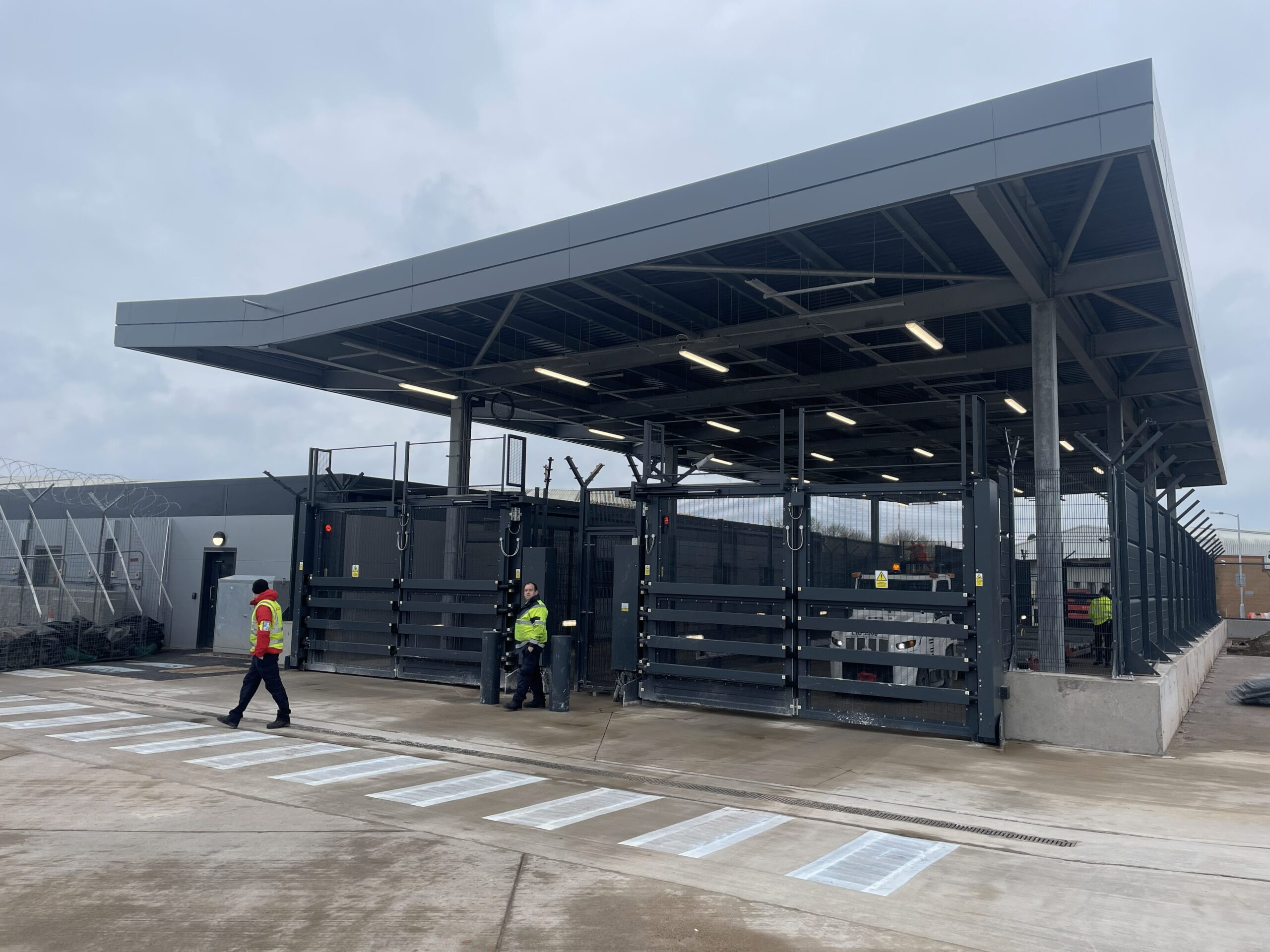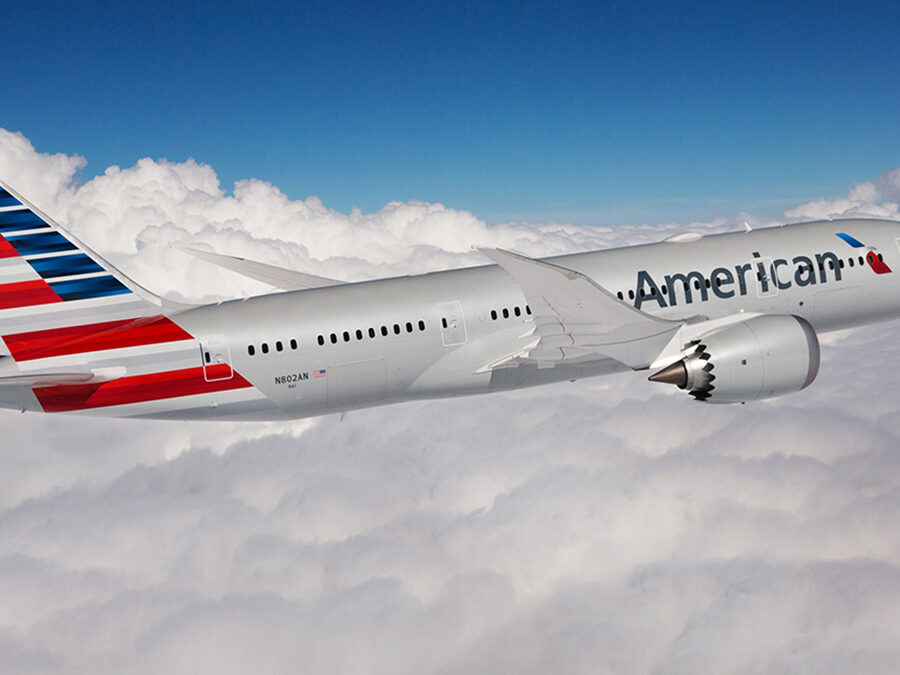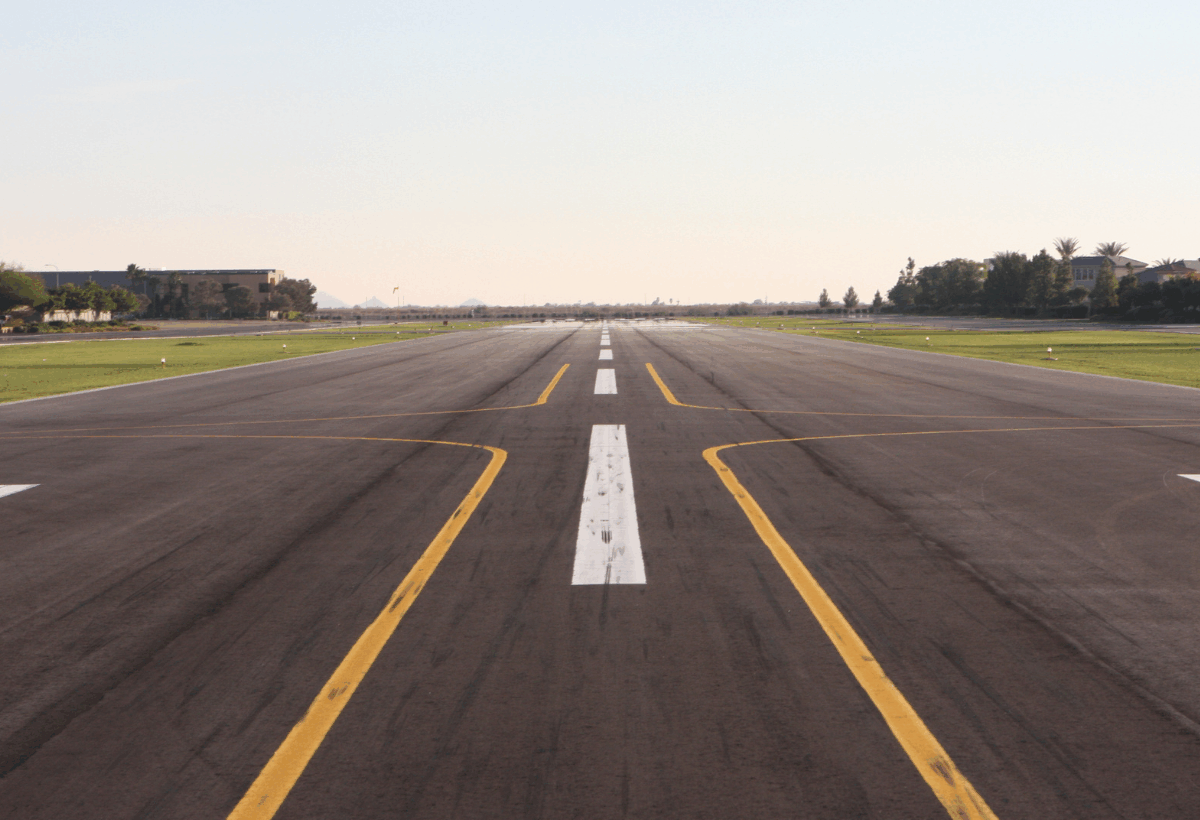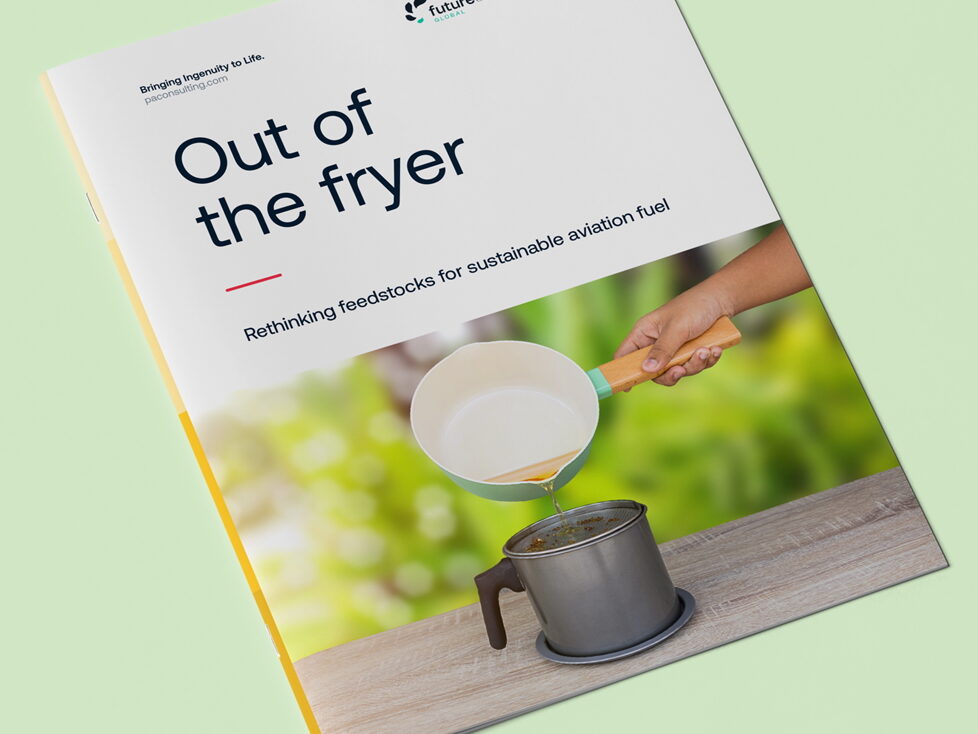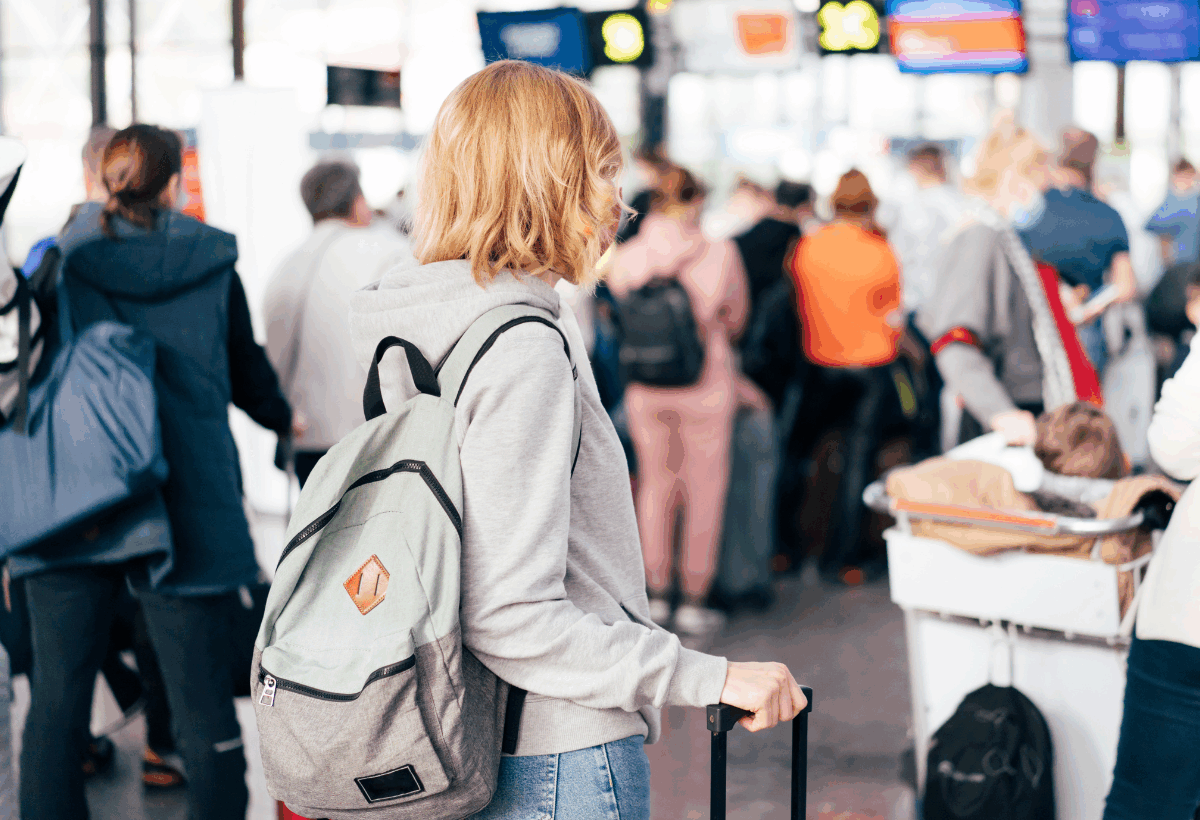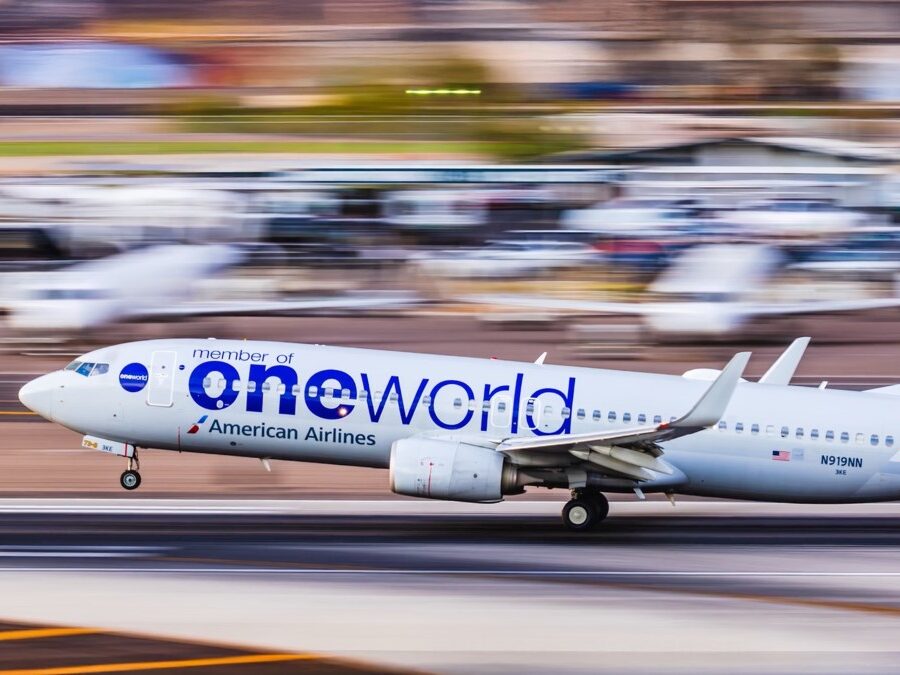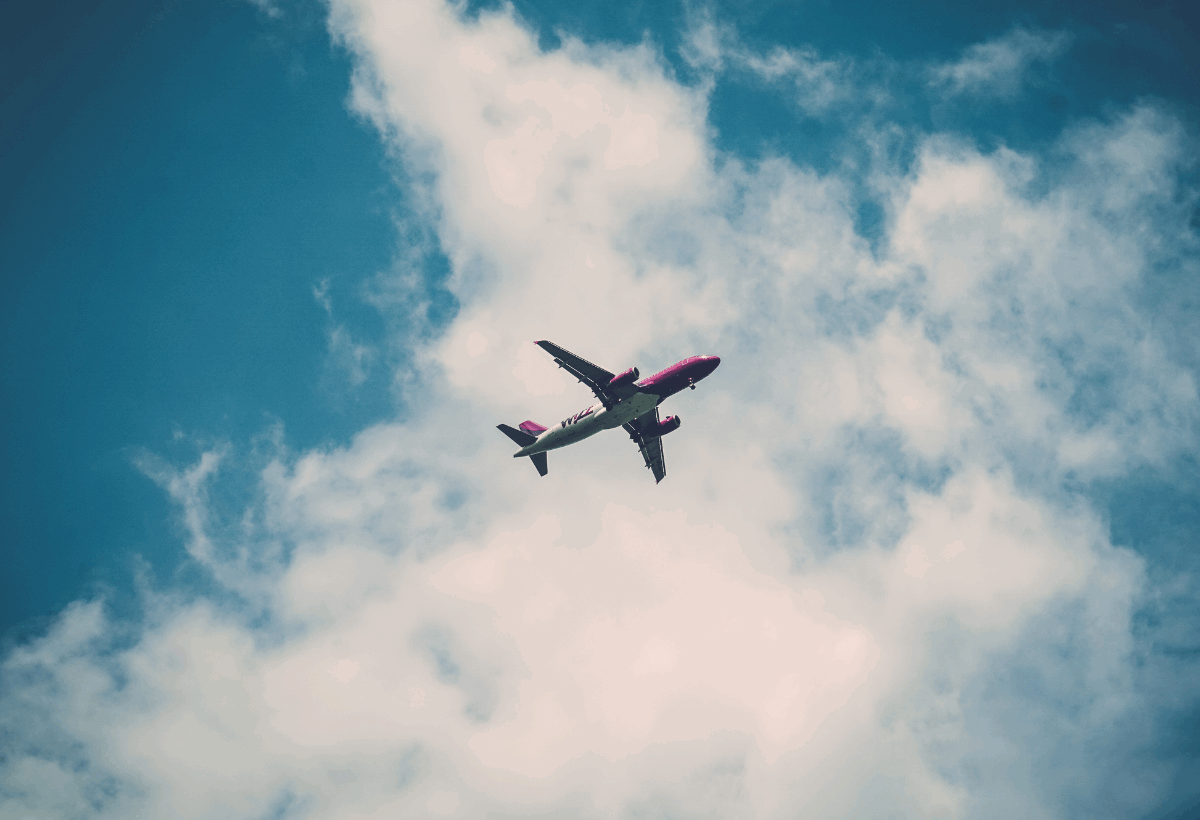The European Union Aviation Safety Agency (EASA) published a report on the implementation of the ReFuelEU Aviation Regulation.
The first annual report of its kind, it aims to provide an overview of the state of sustainable aviation fuel (SAF) uptake across the EU in 2024, as well as assess the market’s overall readiness to meet upcoming obligations under the new Regulation.

Findings within the report state that the implementation of ReFuelEU Aviation has thus far stimulated increased SAF production within the EU, a trend that, according to the EASA, will see the EU on track to meet the overall mandatory SAF blending target of 6% in 2030.
The report has also confirmed that nearly all SAF used throughout 2024 was produced from used cooking oil (81%) and waste animal fats (17%), signalling that the development of synthetic fuels (eSAF) still remains within its initial stages in the EU.
The European Commission is now preparing a Sustainable Transport Investment Plan (STIP), which is designed to boost investments in renewable and low-carbon transport fuels, including SAF.
Commissioner for Sustainable Transport and Tourism, Apostolos Tzitzikostas, said:The EU is making steady progress in adopting sustainable aviation fuels, and the ReFuelEU Aviation Regulation is already helping to increase SAF production and use across Member States.
Our focus now is on supporting the industry and Member States to ensure a smooth and fair transition to cleaner aviation fuels.
The EASA’s next annual report will utilise data from 2025 to assess whether ReFuelEU’s first blending mandate, the obligation to supply at least 2% of total aviation fuel as SAF in EU airports, has been sufficiently met.



